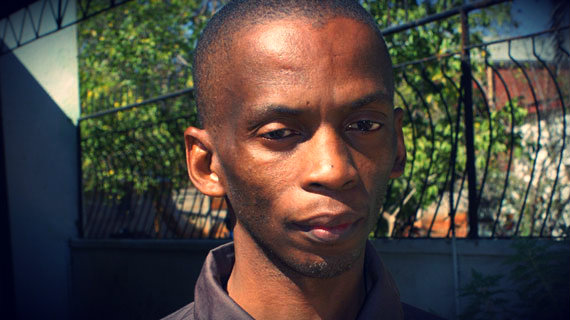
ZIMBABWEAN universities continue to churn out thousands of graduates for both undergraduate and post-graduate programmes, but the both the relevance and impact of these graduates is questionable.
Pertinently my experience over the past 16 or so years working with students on attachment has left me wondering whether what students learn at colleges and universities is actually relevant to the real world.
You have journalism students that can’t write stories, development studies majors who can’t practically function on the field and finance students who have to be taken through at least a year of retraining in order for them to be effective. What exactly is the problem?
Is it content or the curriculum? Is it the quality of the lecturers? Or the fact that most universities are concentrating on mass production epitomised by high enrolment (understandably to build a broad financial base). All these factors I believe have contributed to a mass of graduates who by and large are functionally illiterate.
Career guidance Most young people who go to universities often regret having taken the degree programmes they have taken after four or so years of hard labour. Many receive wrong career guidance at school where for example some teachers tell them that if they do arts they would more likely to be teachers, journalists, lawyers or nongovernment organisation workers.
This advice is all too often not informed by realities on the ground. I have come across may journalism students who do not have the slightest inkling towards “having a nose for news.
“Back in the days one would begin their interest in journalism by being involved in the school newsletter or magazine, but now you get people with no passion or even the remotest interest in the profession making their way into journalism departments and eventually into newsrooms.
No wonder a lot of the current crop of journalists is pathetic to say the least. I remember just a week ago trying to excite a young reporter about an event which has not been held in the country for decades and because of lack of journalism sense or “a nose for news” this young lady was more interested in her lunch break than this so called “news”.
- Chamisa under fire over US$120K donation
- Mavhunga puts DeMbare into Chibuku quarterfinals
- Pension funds bet on Cabora Bassa oilfields
- Councils defy govt fire tender directive
Keep Reading
My question is do these young people really have an interest in journalism or they just accidentally found themselves doing journalism degrees and eventually accidentally stuck in newsrooms and studios?
It’s a tragedy today that the average university student is only able to reproduce information for the purposes of passing but is largely irrelevant to real life or work situations.
Quality control Empirical evidence actually suggests that products of colleges and smaller universities do better that the bigger institutions. This is at the level of industrial attachment where you find those from larger institutions being very good at the theoretical level, but being unable to function at a practical level.
At one time I asked a senior official of a so-called smaller university why their students seemed to do better than those from bigger institutions and she responded by saying that their focus was on quality control through monitoring student performance, a sound appraisal system and a focus on practical implementation rather than untested textbook knowledge.
Lecturers I do not want to lay blame on lecturers for this problem, but it is a known fact that in some cases you get cases of people who finish their undergraduate studies and proceed to post-graduate studies and then they enrol as teaching assistants and then lecturers without even a single year of practical experience.
The other reason is rampant corruption which has seen some lecturers soliciting bribes or favours from students .Once again I can gladly corroborate this if necessary. He result is microwave degrees and microwave “doctorates”.
“At time when conducting interviews I always wonder whether the person on the CV and the person being interviewed is the same person because of the huge knowledge gap. Quite clearly something is amiss.
We need to re invigorate our institutions of higher learning so that they produce functionally literate graduates who are able to make a difference in industry as quite often organisations and companies have to invest in at least one year trying to make them relevant and productive.
Dumisani Nkomo is an activist, social entrepreneur and chief executive officer of Habakkuk Trust. He writes in his personal capacity.










